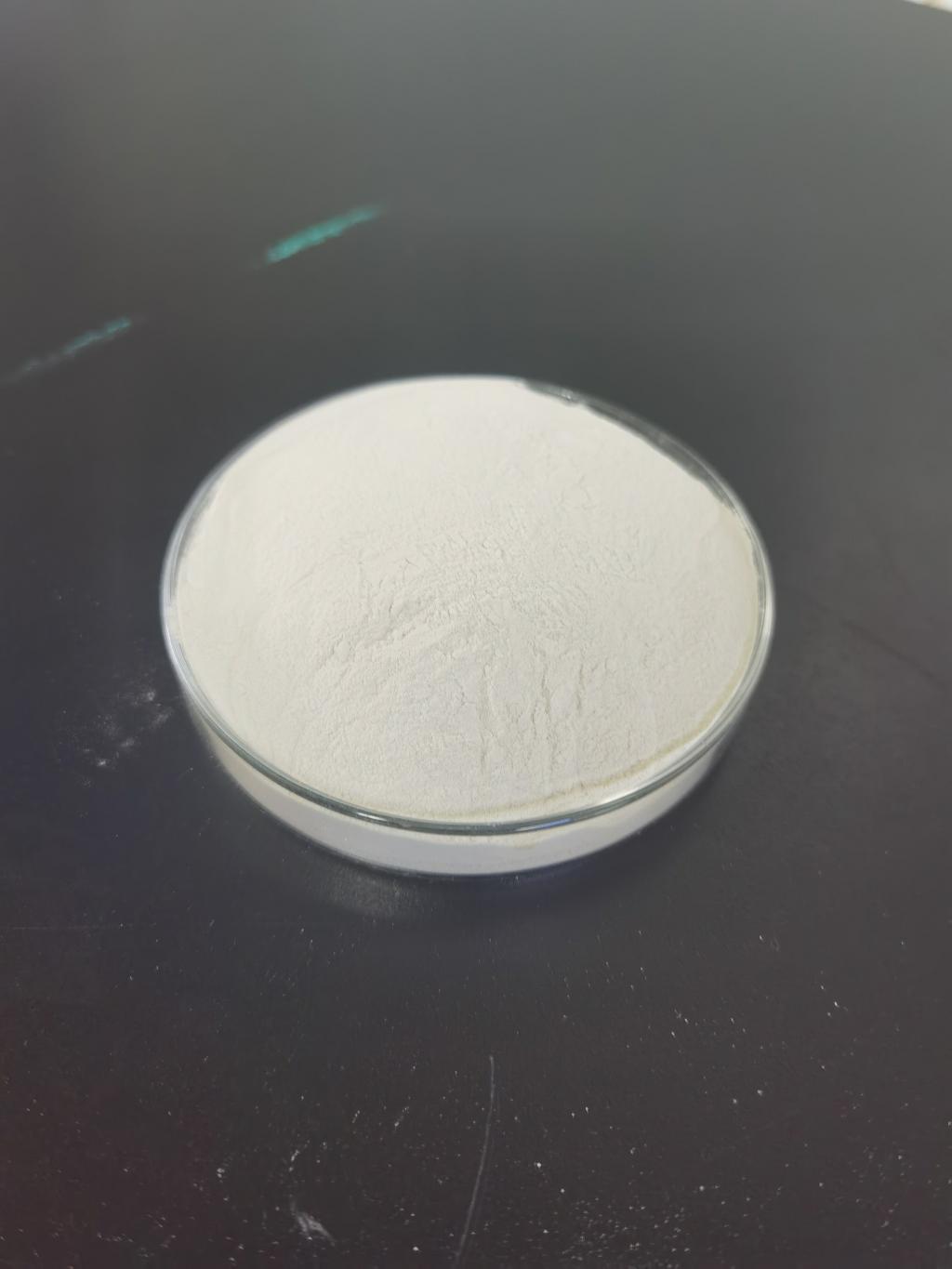Tel:+8618231198596

News
 CONTACT
CONTACT
 CONTACT
CONTACT
- Linkman:Linda Yao
- Tel: +8618231198596
- Email:linda.yao@dcpharma.cn
- Linkman:CHARLES.WANG
- Department:Overseas
- Tel: 0086 0311-85537378 0086 0311-85539701
News
Current Position:
Home >
News
>Nisin's applications in controlling microbial growth in non-food products.
Nisin's applications in controlling microbial growth in non-food products.
TIME:2024-06-07
Antimicrobial Properties of Nisin
Potent Antimicrobial Activity:
Nisin exhibits potent antimicrobial activity against a wide range of Gram-positive bacteria, including common foodborne pathogens such as Listeria monocytogenes and Staphylococcus aureus.
Its effectiveness against spore-forming bacteria makes it particularly suitable for controlling microbial growth in non-food products with high contamination risks.
Mode of Action:
Nisin exerts its antimicrobial effects by disrupting bacterial cell membrane integrity, leading to leakage of intracellular contents and eventual cell death.
Its interaction with lipid II, a precursor molecule in bacterial cell wall synthesis, further enhances its bactericidal activity by inhibiting cell wall formation.
Resistance Prevention:
Nisin's unique mode of action reduces the likelihood of microbial resistance development, making it a sustainable long-term solution for microbial control in non-food products.
Its rapid bactericidal effects minimize the risk of sublethal exposure, which can promote the emergence of resistant bacterial strains.
Applications in Non-Food Products
Cutting Boards and Kitchen Utensils:
Incorporating nisin into cutting board materials or coating kitchen utensils with nisin-containing formulations provides continuous antimicrobial protection against bacterial contamination.
Nisin-treated surfaces effectively inhibit the growth of bacteria transferred from food items, reducing the risk of cross-contamination during food preparation.
Food Packaging Materials:
Nisin can be incorporated into food packaging materials, such as films and wraps, to prevent microbial growth on the surface of packaged food items.
Antimicrobial packaging materials containing nisin help maintain food freshness and safety throughout storage and transportation, extending shelf-life and reducing food waste.
Personal Hygiene Products:
Nisin-containing formulations can be used in personal hygiene products, such as hand sanitizers and disinfectant wipes, to control microbial growth on skin surfaces.
Nisin's natural origin and safety profile make it an attractive option for use in personal care products, offering effective antimicrobial protection without harsh chemicals.
Regulatory Considerations
Regulatory Approval:
Nisin is approved for use as a food additive and preservative by regulatory authorities such as the U.S. Food and Drug Administration (FDA) and the European Food Safety Authority (EFSA).
Its safety profile and broad regulatory approval make it suitable for use in non-food products intended for contact with food items.
Labeling Requirements:
Non-food products containing nisin as an antimicrobial agent may be subject to labeling requirements to inform consumers of its presence and purpose.
Clear labeling helps consumers make informed choices and promotes transparency in product labeling practices.
Sustainability and Safety
Environmentally Friendly:
Nisin's natural origin and biodegradable properties make it an environmentally friendly alternative to synthetic antimicrobial agents.
Its use in non-food products contributes to sustainability efforts by reducing the reliance on harsh chemicals and promoting eco-friendly microbial control solutions.
Safe for Consumers:
Nisin is considered safe for consumer use when applied according to regulatory guidelines and dosage recommendations.
Its natural origin and long history of safe use in food preservation support its acceptance and adoption in non-food products intended for contact with food items.
Future Directions and Challenges
Optimization of Formulations:
Further research is needed to optimize nisin formulations for use in non-food products, ensuring maximum efficacy, stability, and compatibility with different materials and surfaces.
Formulation strategies such as encapsulation and controlled release technologies may enhance the performance of nisin-based antimicrobial treatments.
Consumer Education:
Consumer education and awareness campaigns are essential to promote the benefits of nisin-based antimicrobial products and address any misconceptions or concerns about their safety and efficacy.
Clear communication of nisin's natural origin and regulatory approval status helps build consumer trust and confidence in its use for microbial control in non-food products.
Conclusion
Nisin offers a sustainable and effective solution for controlling microbial growth in non-food products, providing continuous antimicrobial protection without the use of harsh chemicals or high temperatures. Its potent bactericidal activity, natural origin, and broad regulatory approval make it an attractive option for use in cutting boards, kitchen utensils, food packaging materials, and personal hygiene products.
- Tel:+8618231198596
- Whatsapp:18231198596
- Chat With Skype







